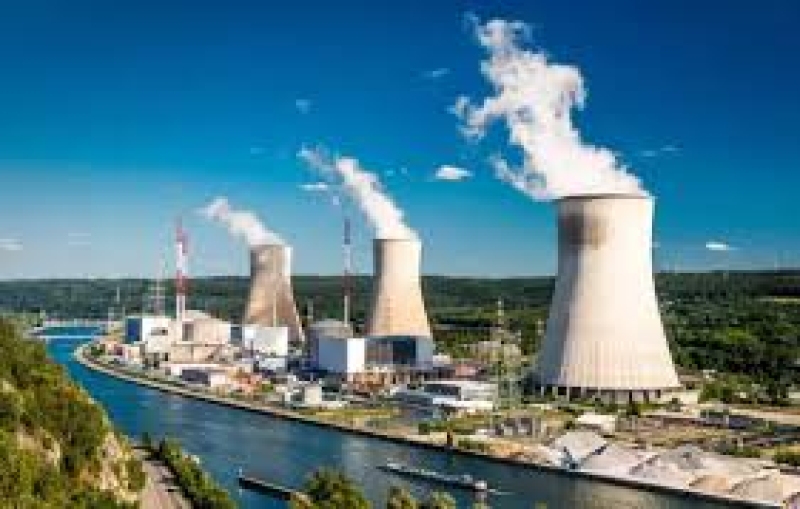- Power generation at Payra Thermal Power Plant 1st unit starts after a month |
- Irregularities, injustice will no longer be accepted in politics: Jamaat Ameer |
- 2 arrested in Jhenaidah for allegedly selling madrasa student |
- Koko’s wife campaigns for Tarique in Dhaka-17 |
- Bangladeshi Expats Cast 4.58 Lakh Postal Votes |
India Commits $2B to Boost Nuclear Power Capacity

India has pledged over $2 billion to expand its nuclear power sector, with plans to boost electricity generation and reduce emissions. This commitment, announced by India’s finance minister earlier this month, aims to reduce the country’s reliance on fossil fuels, which still account for over 75% of its power supply. Nuclear power, which generates electricity without emitting greenhouse gases, is a key part of India's strategy to combat climate change. The country aims to install 100 gigawatts of nuclear capacity by 2047, enough to power nearly 60 million homes annually.
As one of the world’s largest emitters of carbon, India seeks to diversify its energy mix, moving away from coal, oil, and gas. Nuclear energy, despite its challenges, such as radioactive waste and public concerns, is seen as a critical option to meet energy needs without relying on intermittent sources like solar and wind.
Experts note that India's nuclear growth plan presents an opportunity for U.S. exports, as the U.S. nuclear sector is more advanced. India is also exploring smaller, more affordable reactors. Prime Minister Narendra Modi is set to meet President Trump this week to discuss nuclear cooperation.
However, nuclear energy is costly—about three times as expensive as solar in India—and installation can take up to six years. Despite recent progress in doubling nuclear capacity over the past decade, nuclear still accounts for just 3% of India’s electricity.
Public opposition remains a significant barrier, with protests at existing plants and proposed sites, including at Kudankulam and in Maharashtra. Still, global interest in nuclear power is at a high, with 63 reactors under construction worldwide, the most since 1990.
While expanding nuclear power, experts like Madhura Joshi from E3G emphasize the importance of accelerating solar and renewable energy projects, which can be deployed more quickly to meet immediate energy needs.

